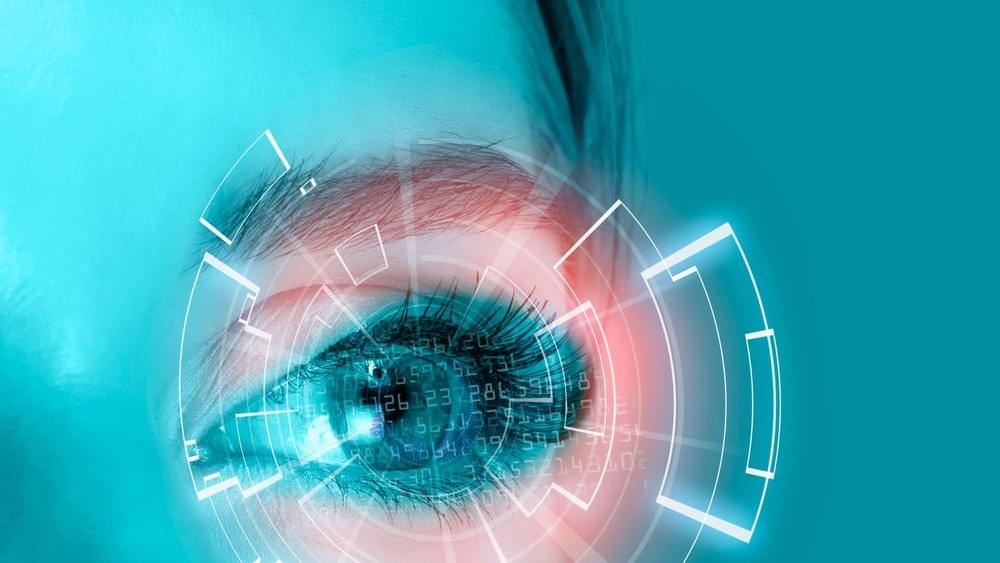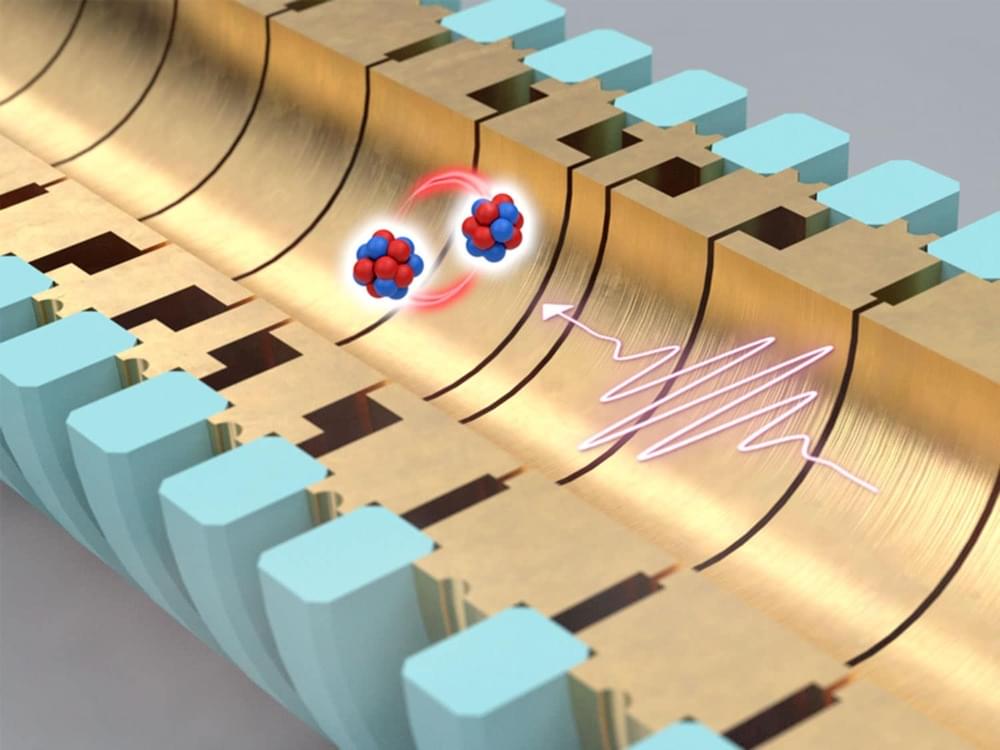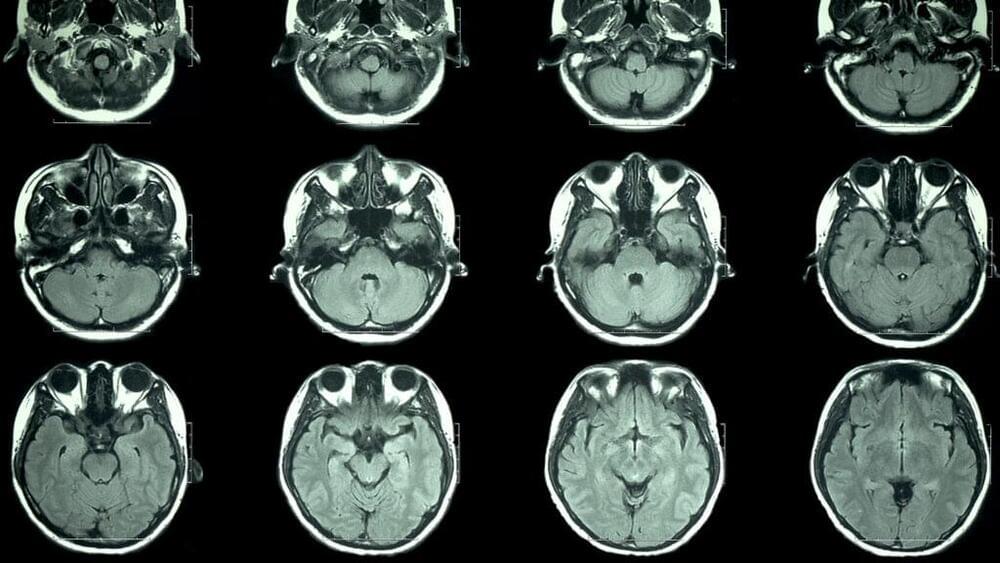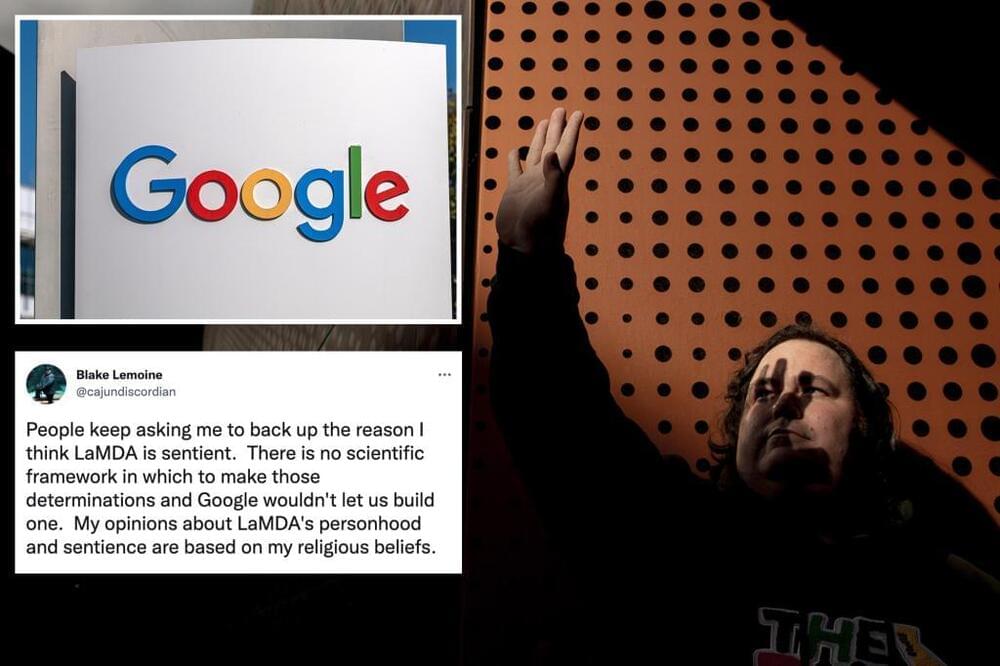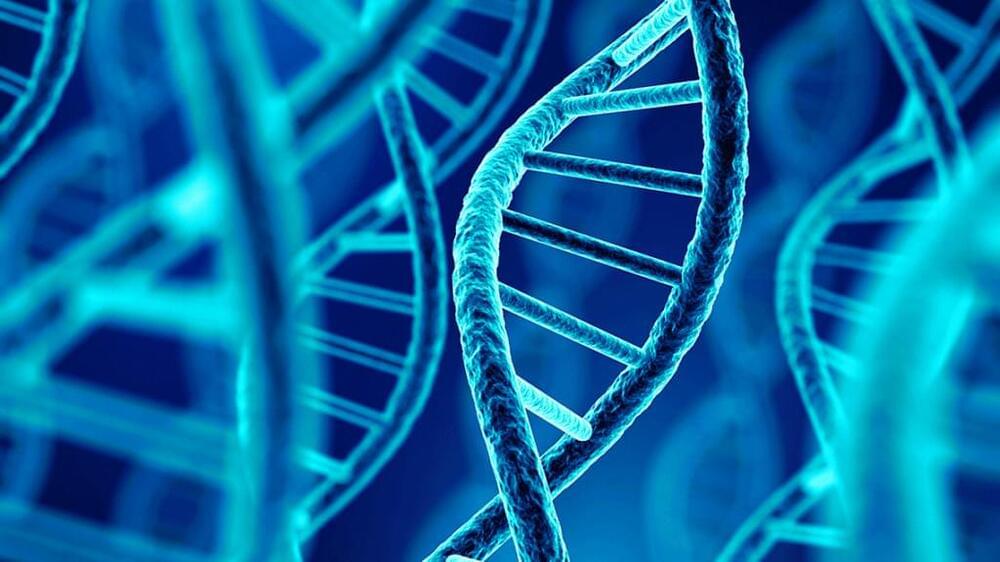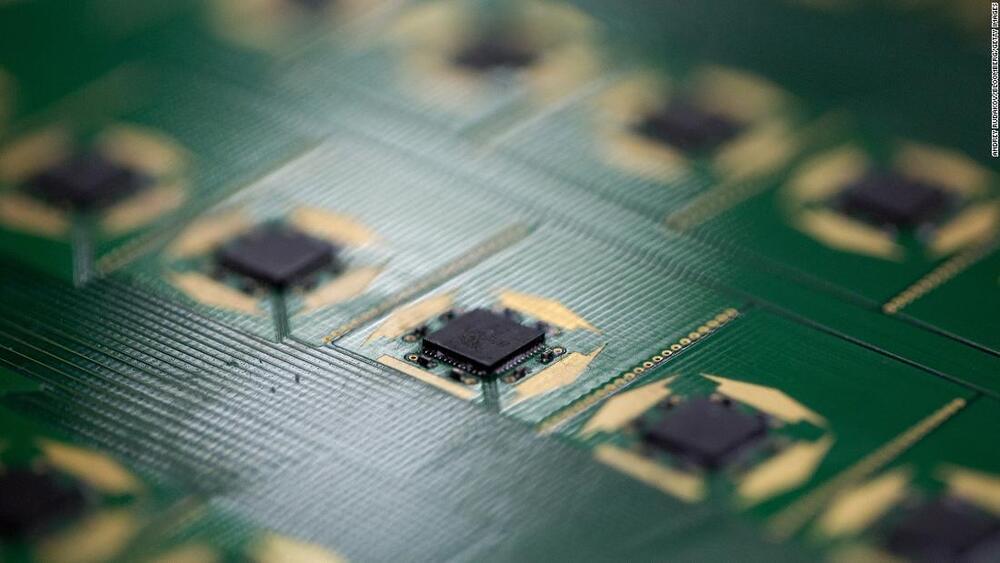Page 3839
Jun 18, 2022
Quantum electrodynamics proven to be 100 times more accurate than previous tests
Posted by Shubham Ghosh Roy in categories: particle physics, quantum physics
Electrons are some of the most basic building components of matter that we are familiar with. They have several distinguishing characteristics, including a negative charge and the existence of an exact intrinsic angular momentum, often known as spin. Each electron, as a charged particle with spin, has a magnetic moment that aligns in a magnetic field as a compass needle does.
Quantum electrodynamics can forecast the strength of this magnetic moment, which is given by the so-called g-factor, with incredible accuracy. This computation agrees to within 12 digits with the empirically determined g-factor, making it one of the most precise theory-experiment matches in physics to date. The magnetic moment of the electron, on the other hand, changes when it is no longer a “free” particle, that is, when it is linked to an atomic nucleus, for example. QED, which defines the interaction between electrons and nucleus in photon exchange, can be used to determine minor changes in the g-factor. This notion can be sensitively tested thanks to high-precision measurements.
In a new study, scientists at the Max Planck Institute for Nuclear Physics (MPIK) in Heidelberg successfully investigated QED predictions with unprecedented resolution. They used a newly developed technique to measure a very small difference in the magnetic properties of two isotopes of highly charged neon in an ion trap with previously inaccessible accuracy.
Jun 18, 2022
Three burning questions about the first brain reference charts
Posted by Dan Kummer in categories: mapping, neuroscience
Scientists have created the first reference charts for the human brain, mapping its growth from infancy to 100 years old. Now, they have to grapple with difficult ethical questions about how they should — and perhaps shouldn’t — be used.
The reference charts are visualizations created from aggregating analyses of over 120,000 brain scans to show ranges in brain size, or gray matter volume, for each age. They also track the human brain’s rapid expansion early in life and its gradual shrinking over time. The researchers primarily developed the charts to provide a standardized measurement that other neuroscientists could use for brain imaging research, with the hope that maybe one day it could lead to a tool used in clinics.
“It’s an absolutely spectacular advancement in neuroscience and neuroimaging,” said Judy Illes, professor of neurology and neuroethics at the University of British Columbia.
Jun 18, 2022
Scientists cut the risk of organ transplant rejections
Posted by Genevieve Klien in categories: biotech/medical, genetics
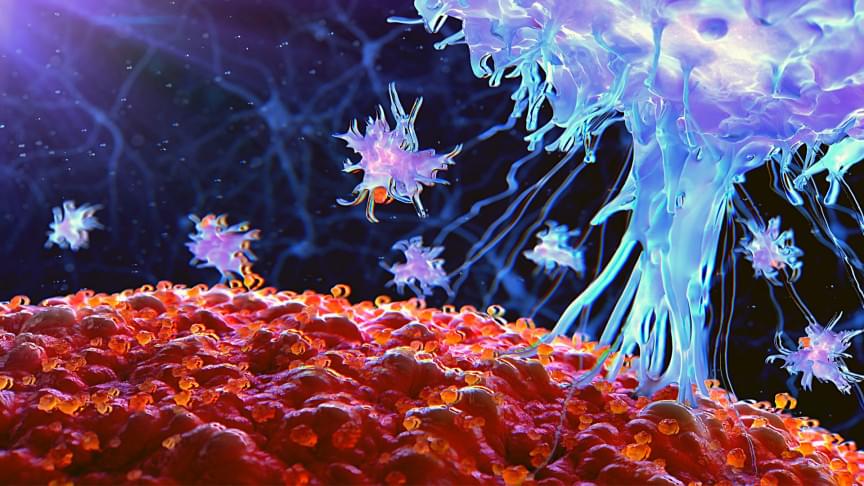
A new approach to the organ transplant procedure devised by researchers at Stanford University and their collaborators minimizes the risk of organ rejection, ScienceAlert reported. Moreover, the technique does not require the organ recipient to remain immune-compromised after the procedure.
The first successful solid organ transplant was that of a kidney in 1954, and the world has not looked back. Modern medicine is now able to transplant eyes, liver, kidneys as well as heart, procedures which are saving lives the world over. To tide over the shortages of organs that are available for transplantation, companies are even rearing genetically modified pigs to be safely transplanted in the future.
Continue reading “Scientists cut the risk of organ transplant rejections” »
Jun 18, 2022
Google engineer says Christianity helped him understand AI is ‘sentient’
Posted by Kelvin Dafiaghor in category: robotics/AI
A Google engineer who was suspended after he said the company’s artificial intelligence chatbot had became sentient says he based the claim on his Christian faith.
Blake Lemoine, 41, was placed on paid leave by Google earlier in June after he published excerpts of a conversation with the company’s LaMDA chatbot that he claimed showed the AI tool had become sentient.
Now, Lemoine says that his claims about LaMDA come from his experience as a “Christian priest” — and is accusing Google of religious discrimination.
Jun 18, 2022
SpaceX Denied — No KSC Starship Launches
Posted by Greg Allison in category: space travel
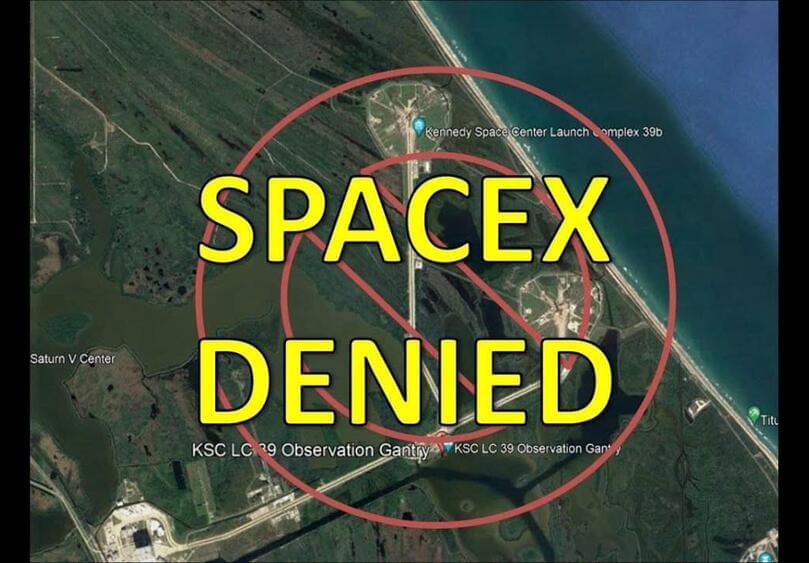
See why NASA KSC denied SpaceX Starship from KSC. What does this mean for SpaceX’s future?
You can support Galactic Gregs by supporting the sister channel Green Gregs by clicking the links below:
See the Special Deals at My Patriot Supply: www.PrepWithGreg.com.
Awesome deals for long term food supplies!
Continue reading “SpaceX Denied — No KSC Starship Launches” »
Jun 17, 2022
Krabbe Disease Successfully Treated With Gene Therapy in Preclinical Animal Model
Posted by Quinn Sena in categories: biotech/medical, genetics, neuroscience
Circa 2020
Gene therapy shows promise for clinical benefit in demyelinating, neurodegenerative disease.
Krabbe disease is an aggressive, incurable pediatric neurodegenerative disease caused by mutations in the galactosylceramidase (GALC) gene. Deficiency of the GALC protein activity leads to cytotoxic accumulation of a cellular metabolite called psychosine, which compromises normal turnover of myelin in the central and peripheral nervous system (CNS, PNS). The ensuing damage leads to progressive disease, including paralysis, loss of sensory functions and death, in the developing infant. The incidence of Krabbe disease is estimated at 1 in 100,000 live births.
Jun 17, 2022
Scientists find remains of cannibalized baby planets in Jupiter’s cloud-covered belly
Posted by Alberto Lao in category: space
The gas giant’s belly is full of tiny pre-planets, not pulverized pebbles.
A first-of-its-kind study into the inner workings of Jupiter has revealed that the gas giant fed on baby planets as it grew.
Jun 17, 2022
China’s ‘alien’ signal almost certainly came from humans, project researcher says
Posted by Alberto Lao in category: alien life
The possibility also remains that if aliens are sending us, or unintentionally leaking, signals across the vast expanse of the cosmos, they may not be encoded in radio waves, but in ways that we haven’t yet developed the technology to understand.
“It wouldn’t surprise me if we were on the wrong track. If you look at the history of SETI, the original ideas proposed around 200 years ago were things like ‘let’s build some big fires on Earth’; ‘let’s have some big mirrors that reflect sunlight to the Martians’ or ‘let’s build some mile-long right-angled triangles to show aliens we know about Pythagorean Theorem,’ and now we look back and say those guys were idiots,” Werthimer said. “So, what’s to say that 200 years from now people won’t look back at us and ask why we didn’t use tachyons or subspace communication? But you’ve got to do what you know how to do.”
Despite the dispiriting likelihood that these signals have an Earthbound source, SETI astronomers are still fairly confident that we’re not alone in the universe. And that one day, we may dig up something real amid all of our own backchatter.
Jun 17, 2022
Chipmakers brace for more trouble as Russia limits exports of rare gases
Posted by Genevieve Klien in category: biotech/medical
The semiconductor industry just can’t catch a break.
After grappling with pandemic-fueled supply bottlenecks, chipmakers are facing a new headache: Russia, one of the world’s biggest suppliers of gases used to make semiconductors, has started to limit exports.
Moscow began restricting exports of inert, or “noble” gases, including neon, argon and helium to “unfriendly” countries at the end of May, according to a report by Russian state news agency TASS.
